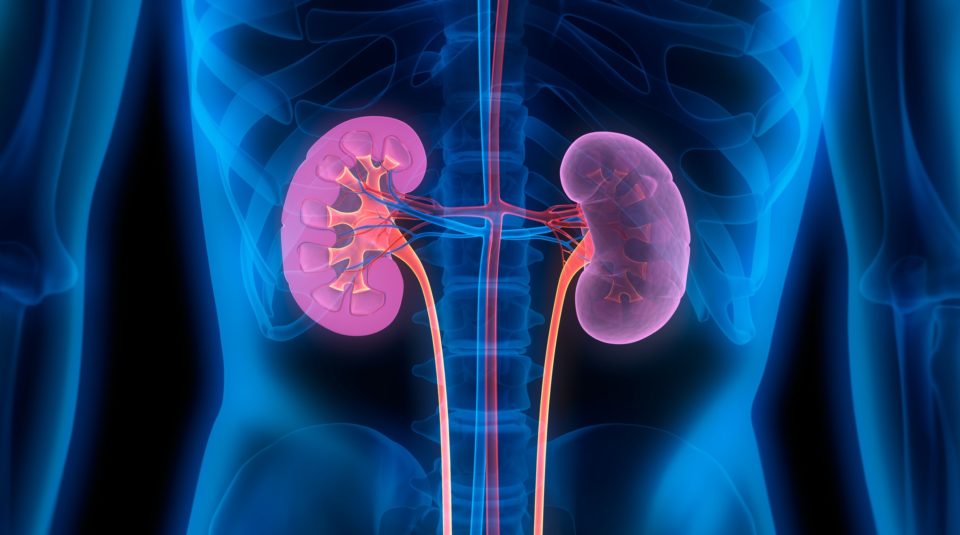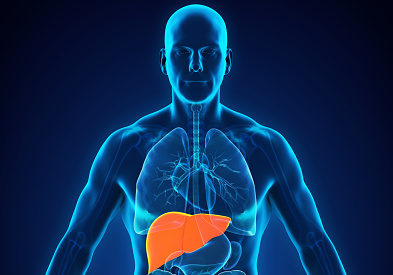
In patients with type 1 diabetes as well as, more recently, type 2 diabetes, pancreas transplantation has proven effective in normalizing glucose control with equivalent patient and graft survival rates. However, according to researchers at Temple University School of Medicine, Philadelphia, Pennsylvania, there are few data available on outcomes of simultaneous kidney-pancreas transplantation in overweight and obese recipients.
Patients with type 2 diabetes are often overweight, increasing the risk of graft rejection, infections, and surgical complications. The researchers, led by S. Karhadkar, conducted a study to examine short- and long-term outcomes of simultaneous kidney-pancreas transplantation in overweight and obese recipients. Results were reported during a poster session at the virtual American Transplant Congress 2020 in a poster titled Effect of Obesity on Short- and Long-Term Outcomes on Simultaneous Kidney-Pancreas Transplantation.
The study utilized data from the United Network for Organ Sharing database to examine outcomes of simultaneous kidney-pancreas transplantation in the United States from 1998 to 2017. Recipients of simultaneous kidney-pancreas transplant were stratified into four groups: (1) overweight type 2 diabetes; (2) normal weight type 2 diabetes; (3) overweight type 1 diabetes; and (4) normal weight type 1 diabetes.
To determine the effects of body mass index on post-transplant patient outcomes, the researchers compared the groups regarding the causes of kidney and pancreas graft failure, graft survival times, and total deaths due to pancreas-related complications. Univariate analyses were performed using Chi2 for categorical and Mann-Whitney U/Kruskal-Wallis as appropriate for continuous variables. Subset analyses were also performed.
During the study period, 8507 patients with type 1 diabetes underwent simultaneous kidney-pancreas transplantation; of those patients, 4408 were overweight. The most common cause for renal graft failure was chronic and acute rejection; the most common cause for pancreas allograft failure was allograft thrombosis (31%). In non-obese recipients, the most common cause for graft loss was chronic rejection. In the overweight population there were a total of 1165 graft failures due to rejection or surgical procedure: 469 kidney graft failures and 696 pancreas graft failures.
A total of 874 patients with type 2 diabetes underwent simultaneous kidney-pancreas transplantation during the study period. Of those, 550 were overweight and 324 were classified as normal weight. In analysis of the cause of kidney graft failure, recurrent diseases were seen only in the overweight cohort, followed by primary failure and rejection. For pancreas graft failure, rejection and bleeding were seen in high frequency in the overweight cohort.
In both the type 1 and type 2 cohorts, graft survival times were higher and the percentage of deaths due to pancreas-related complications in relation to the total patient population was lower in the normal weight groups compared with the overweight groups.
In conclusion, the researchers said, “Overweight diabetic patients carry more risk of rejection and presence of surgical procedure complications than the non-overweight counterparts. Non-overweight patients also had longer survival times, and had less mortality due to pancreas-related complications in both types of diabetes.”
Source: Karhadkar S, Lau K, Singh P, Di Carlo A. Effect of obesity on short- and long-term outcomes on simultaneous kidney-pancreas transplantation. Abstract of a poster presented at the virtual American Transplant Congress 2020, (Abstract A-260), May 30, 2020.






 © 2025 Mashup Media, LLC, a Formedics Property. All Rights Reserved.
© 2025 Mashup Media, LLC, a Formedics Property. All Rights Reserved.